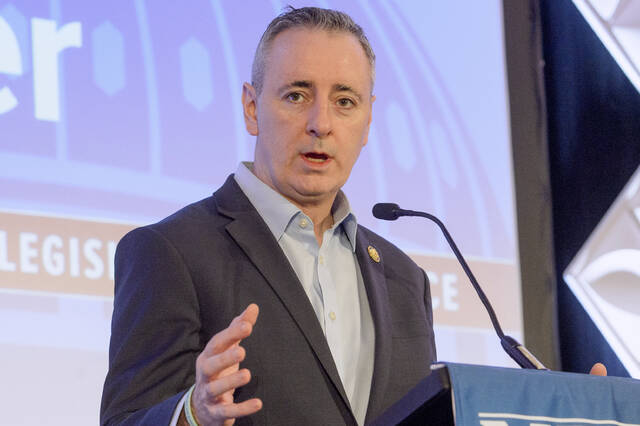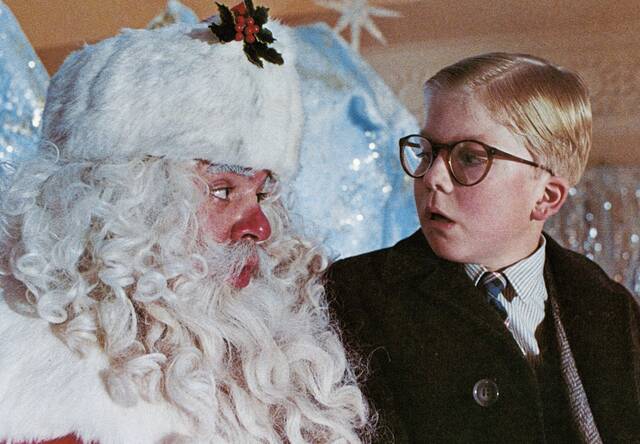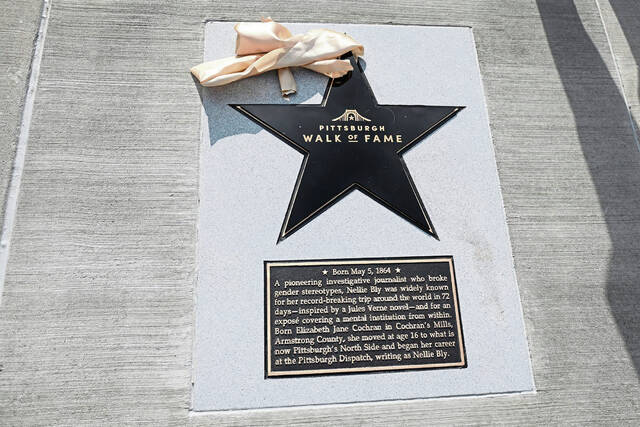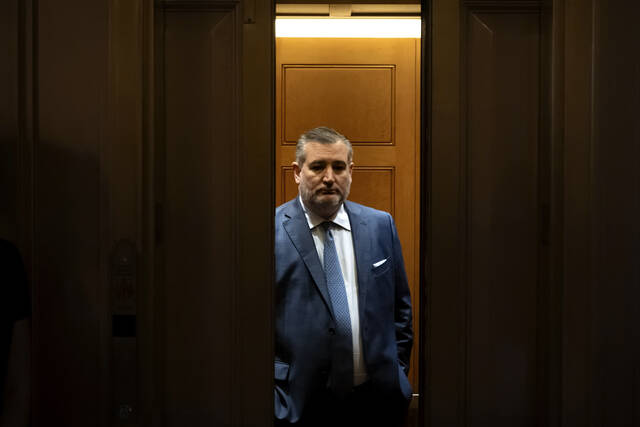Some wounds are easy to diagnose.
Break a bone and an X-ray will tell you just how to line the pieces up to put them back together. Cut your skin and it’s clear where the bandage has to go. Even hidden internal problems give us clues with pain or fever, a racing heart or shortness of breath.
With mental health, the signs are much different. More subtle. Less clear.
Fatigue — that bone-deep exhaustion that sucks up energy like a sponge — is a symptom of anxiety and depression, as well as a laundry list of entirely physical ailments. Agitation, restlessness, irritability, an inability to concentrate — all are part of a grab bag of signs that point in a hundred different directions.
Then there is the fact that one issue can have contradictory symptoms. Sleeping too much and not falling asleep both are signs of depression. So are overeating and having no appetite at all.
With this tangled yarn ball of indications, it is important to have professional guidance about how to handle them. There is not enough access to mental health care. There are 577,000 mental health professionals in the U.S., which translates to one for every 569 people. No wonder there can be such a backlog when reaching out for help.
That makes it even more important to practice self-care.
Instagram can have us believe that self-care means pedicures and comfy sweaters, and hey, let’s not knock the healing power of a little indulgence. But self-care is more than pampering. It is listening to ourselves when we know something isn’t right. It’s knowing when pushing forward is a good thing and when it’s a step too far.
Simone Biles’ actions in Tokyo were an example to follow when it comes to prioritizing mental health.
Biles began her gymnastics career at the age of 6 and by 14 was embarked on her journey to the top. She went into the Tokyo Olympics already dominating the sport to a degree that legendary luminaries such as Nadia Comaneci, Mary Lou Retton and Kerri Strug never dreamed. On the world stage, she has 27 gold medals covering seven years — and that doesn’t even count the U.S. Championships she had to get through to compete internationally.
But after qualifying for Tokyo and making it through to the team finals, she stepped back, citing mental health concerns. She would talk about pressure and expectations and “the twisties” — the gymnast version of what happens to a pilot who flies into a cloud, gets disoriented and no longer trusts his instruments when they tell him he isn’t flying upside down.
This was met by praise from some quarters and criticism from others as people talked about commitment, patriotism and team spirit. What about being a role model? What about the children?
Biles will never be a better role model for children than she was by prioritizing her mental health and openly speaking about it. Those who criticize her for it? They are teaching children — and all of us, really — that self-care is selfish. There could not be a worse lesson.
Biles showed that even at the top of the game with everything to lose, it is still important to listen when your mind and body tell you something is wrong. Those wounds don’t show up on an X-ray and trusting ourselves is the only tool we have to stay safe.







